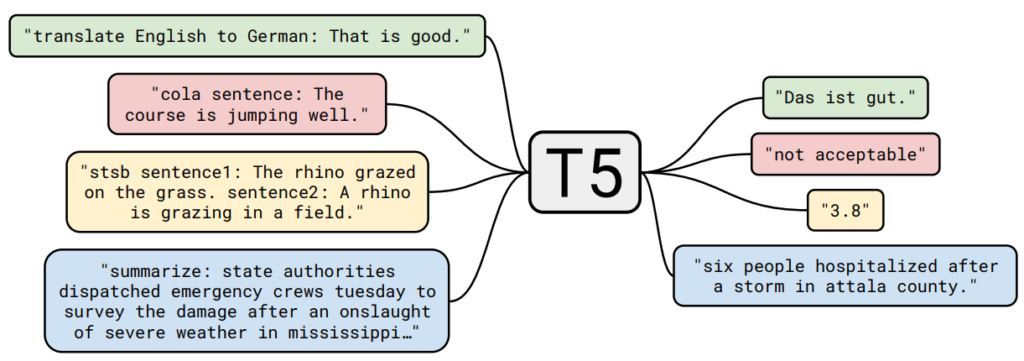TabPFN: A Foundation Model for Tabular Data
Tabular data, the backbone of countless scientific fields and industries, has long been dominated by gradient-boosted decision trees. However, TabPFN […]
TabPFN: A Foundation Model for Tabular Data Read More »








